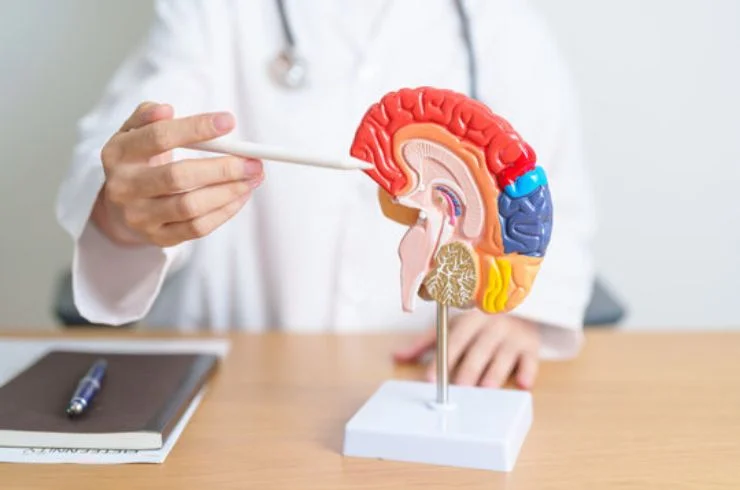
At NEUMED Clinics, we provide expert care for Parkinson’s disease and Dementia, two neurological conditions that significantly impact movement, memory, and daily functioning. Our goal is to empower patients and families with personalized treatment plans, compassionate support, and hope for a better quality of life.
Understanding Parkinson’s Disease
Parkinson’s disease is a progressive neurological disorder that affects movement and coordination due to the loss of dopamine-producing brain cells.
Symptoms of Parkinson’s Disease
Although Parkinson’s progresses over time, early diagnosis and treatment can significantly improve symptom management and slow the disease’s impact.
Understanding Dementia
Dementia is a term for a group of symptoms affecting memory, thinking, and social abilities, severe enough to interfere with daily life. Alzheimer’s disease is the most common type of dementia, but other forms include vascular dementia and Lewy body dementia.
Symptoms of Dementia
Early detection is crucial to managing symptoms and improving quality of life for both patients and caregivers.
Our Comprehensive Care Approach
At NEUMED Clinics, we provide advanced care for Parkinson’s and Dementia, focusing on symptom control, functional independence, and emotional well-being.
Parkinson’s Care
Medication Management
Dopaminergic medications and other therapies tailored to reduce tremors and rigidity.
Physiotherapy
Improves mobility, posture, and muscle strength to enhance independence.
Advanced Interventions
We offer cutting-edge treatments like Botox injections for muscle rigidity and non-invasive brain stimulation for symptom control.
Lifestyle Support
Nutrition guidance and stress-reduction techniques to complement medical therapies.
Dementia Care
Cognitive Therapy
Exercises to enhance memory, attention, and problem-solving skills.
Medications
Prescribed to slow cognitive decline and manage behavioral symptoms.
Caregiver Support
Education and counseling to help families navigate caregiving challenges.
Holistic Interventions
Activities and therapies designed to stimulate the mind and maintain social engagement.